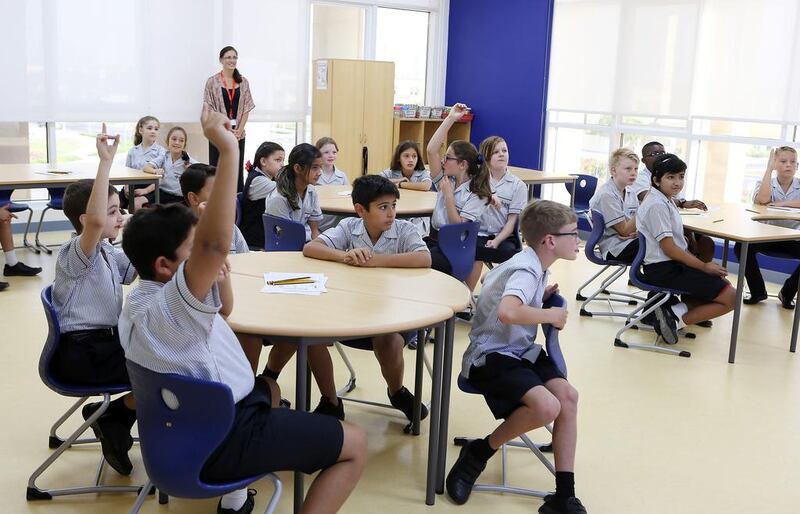A maxim variously attributed to everyone from Aristotle to the Jesuit priest Francis Xavier goes: “Give me a child until the age of seven and I will give you the man.” The kernel of this theory is that childhood is a time when everyone’s interests and values are being set in a way that will influence the rest of their lives.
This helps explain why so much effort is being put into ensuring television programmes aimed at children are of high quality rather than simply a way of keeping them amused. One of the earliest international examples of this theory in practice was Sesame Street, which since its debut in the United States in 1969 has sought to be educational and entertaining in equal measure.
With the return of Iftah Ya Simsim, the Arabic-language adaptation of Sesame Street, due on our television screens this weekend after a 25-year hiatus, there is an argument to be made that its content will influence the lives of the next generation of UAE citizens and residents and beyond. It is already well established that for our culture to thrive, our stories, our language and our values need to be reflected in the popular media, regardless of whether the programme is aimed at adults or children.
But with the increasing educational emphasis being put on the so-called Stem – science, technology, engineering and mathematics – subjects, ought that not be incorporated into the content of programmes such as Iftah Ya Simsim? The original Sesame Street helped teach literacy and numeracy to millions. With the new Arabic-language version expected to reach up to 45 million children, incorporating Stem topics could inspire them to explore the sciences and turn that enthusiasm into the subject of higher education and then a career.
There is no shortage of inspiring Arab figures in this field, whether they are drawn from the Islamic world’s golden age of learning or among contemporary Arab researchers. With Stem subjects being predicted to secure the UAE’s future, this could be an opportunity to enthuse a new generation to create a new golden age of discovery.





